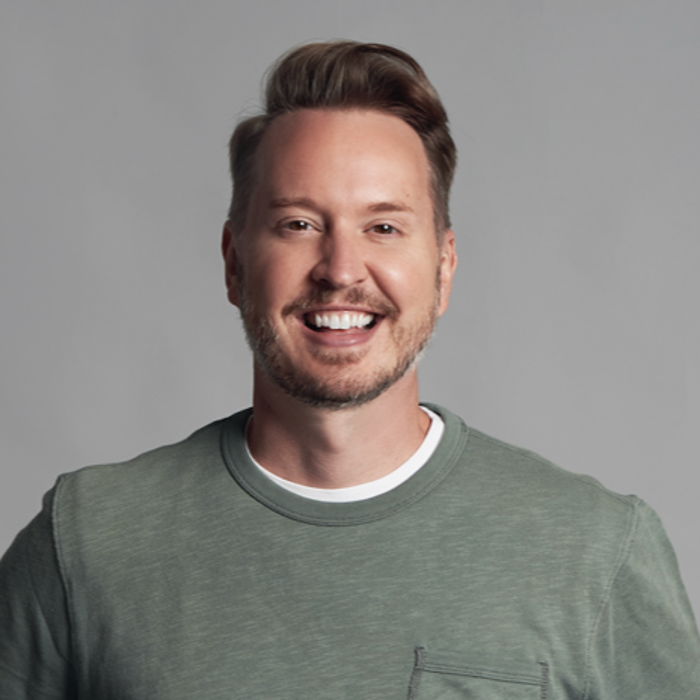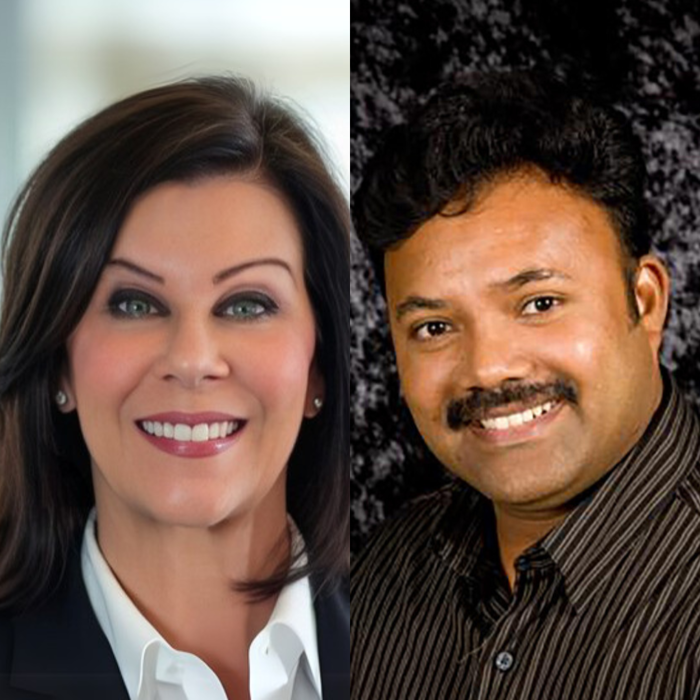Stammering: vocal hindrance or vocal liberator?
Tuesday 11th June 2024, 5:00 PM - 7:00 PM (London Time)
What connects Bachman-Turner Overdrive, Ben’s Brother and The Who? The answer is they’ve all produced songs containing stammered lyrics. Integrating stammering, a communication difference often viewed as something to be fixed through therapy, within musical art may, superficially at least, appear to be an unusual decision but what if we could see beauty in stammering and represent it in art, poetry, song, flags and even font? Come to this workshop to find out how this has been done.
The recent brain research highlighting stammering as a form of neurodivergence is shifting therapy approaches with increasing emphasis on the value of stammered voices. They encourage us to reflect on what matters in conversation and how stammering can add dimension and freedom to vocal performances.
This session will present what stammering is (and isn’t), link the approach-avoidance conflict with performance anxiety and consider what it means to be fluent. The potential physical and emotional struggle contained within the stammering experience is acknowledged alongside opportunities to view stammering through alternative, more supportive lenses, with opportunity to consider what you might do in your practice as a stammering ally.
By the end of this workshop, you’ll understand why King George VI practised speeches with a gramophone playing in the background, where metronomes have been used in therapy and know why speaking with marbles in your mouth is never a good idea!
Carolyn Andrews
Carolyn Andrews is an independent speech and language therapist and senior teaching fellow at the University of Strathclyde. With 25 years’ clinical experience she specialises in adult voice problems and adult stammering, and enjoys walking alongside her clients and students to build their knowledge, practice and voice use.

Attend this course for as little as £22 as part of the Voice Professional Training CPD Award Scheme.
Learn MoreSorry, this is an archived short course...
We have plenty of upcoming short courses coming soon. See details of some of them below or look at the full list of short courses.

Monday 7th July 2025
2:00 PM - 4:00 PM
Tuesday 8th July 2025
2:00 PM - 4:00 PM
Wednesday 9th July 2025
2:00 PM - 4:00 PM
Friday 11th July 2025
2:00 PM - 4:00 PM
Monday 14th July 2025
2:00 PM - 4:00 PM
Tuesday 15th July 2025
2:00 PM - 4:00 PM
Wednesday 16th July 2025
2:00 PM - 4:00 PM
Friday 18th July 2025
2:00 PM - 4:00 PM
(London Time)
Introduction to statistics and working with quantitative data for Voice Professionals: 8-Session Online Bootcamp

Dr David Cane
This certificated statistics course is ideal for individuals interested in laying a solid foundation in quantitative research methods. By focusing on essential statistical principles, you will be equipped with the tools to understand and apply quantitative research techniques effectively. Statistics is a crucial component of quantitative research; mastering it will enable you to grasp quantitative methods more confidently and precisely.


Thursday 10th July 2025
5:00 PM - 7:00 PM
(London Time)
Securing Belt, Mix, and Legit for Musical Theatre

Kevin Wilson
Today, musical theatre singers are required to perform in a variety of vocal styles, ranging from legit to rock and pop. This demands a deep understanding of the systematic adjustments necessary to master these styles while maintaining a balanced and sustainable vocal technique. Join renowned voice coach Kevin Wilson as he explores the various systematic negotiations and approaches necessary for legit, mixed, and belt voice qualities for authentic performance.


Friday 11th July 2025
5:00 PM - 7:00 PM
(London Time)
Nasal Resistance Technique: Applications in Clinical and Performance Voice

Dr Kari Ragan

Dr Nandhu Radhakrishnan
Join Dr Kari Ragan and Dr Nandhu Radhakrishnan for this fascinating session on the Nasal Resistance (NR) Technique that combines semi-occluded vocal tract (SOVT) benefits with kinesthetic resonance awareness. The NR Technique promotes efficient glottal closure, resonance clarity, and smoother transitions across vocal registers. Its versatility makes it an essential tool for optimizing vocal efficiency in healthy, injured, and singing voices!
